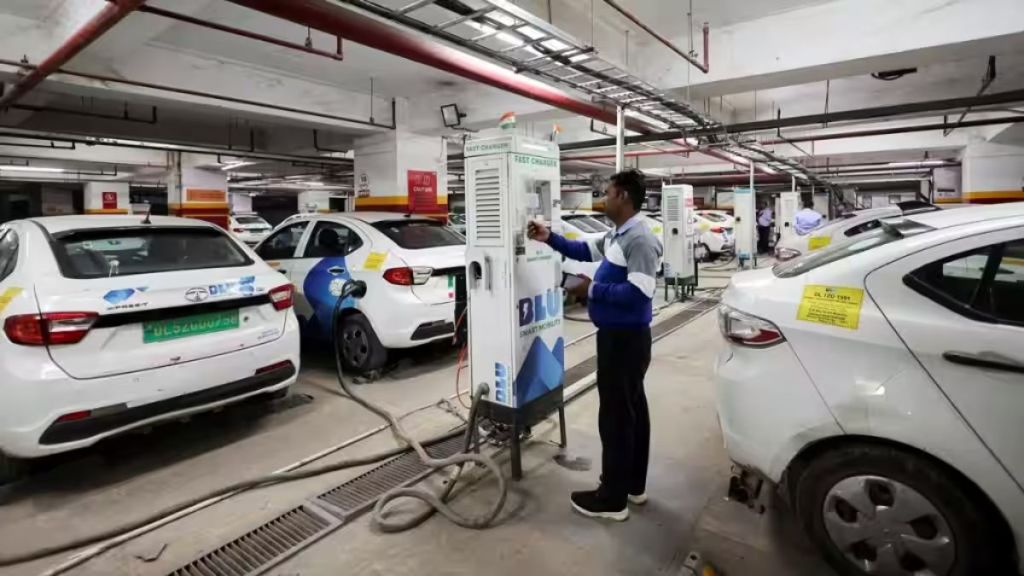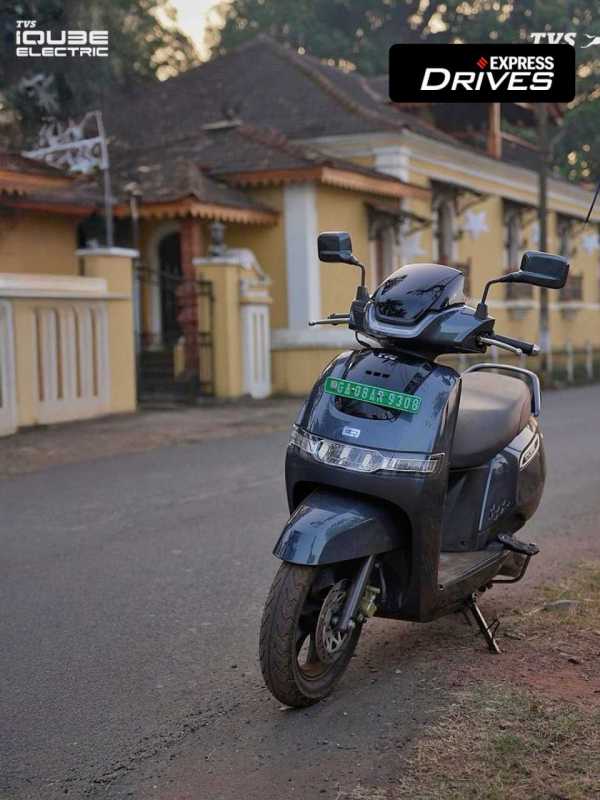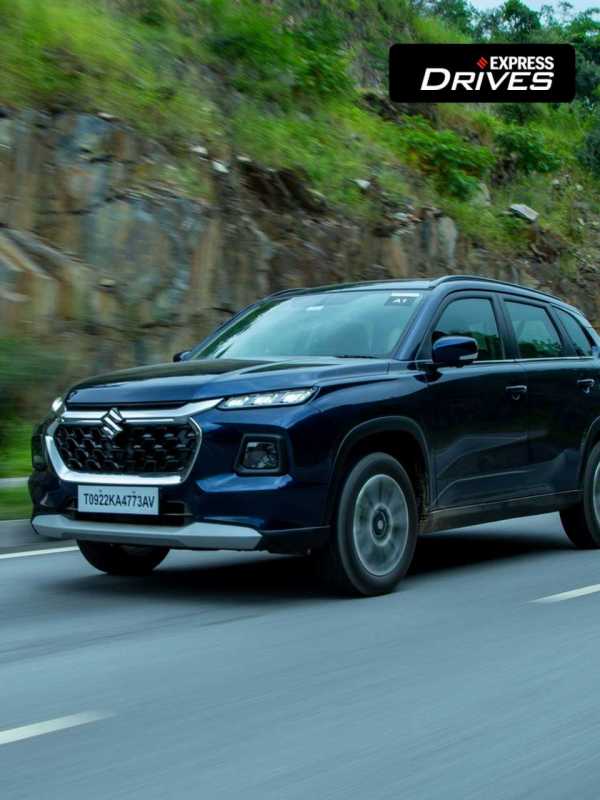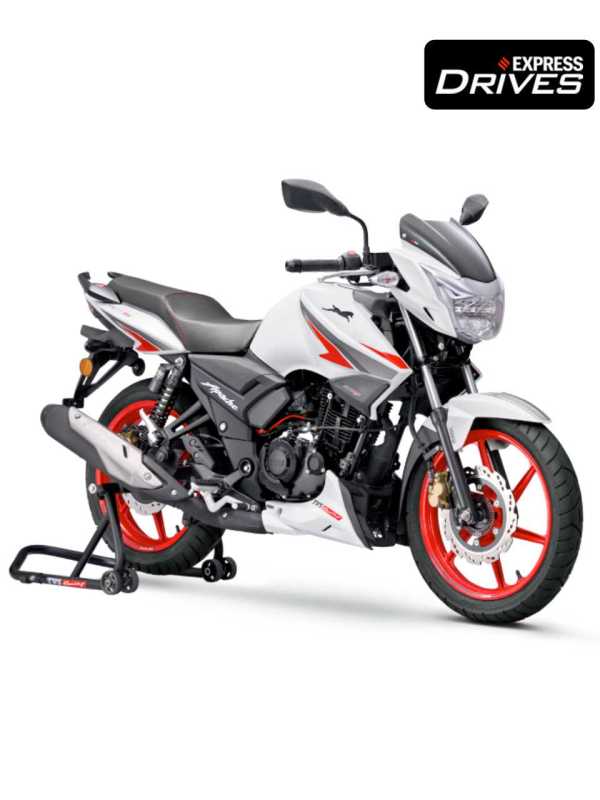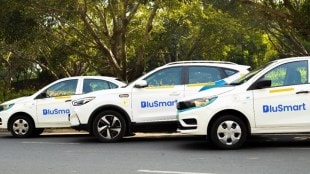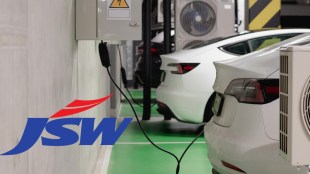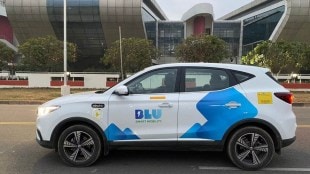The central government will have to address the dangers posed by excessive dependence on foreign manufacturers, particularly as reliance on China in the supply chain is expected to surge due to reduced tariffs on electric vehicles (EVs) under the new EV policy, according to a report by the Global Trade Research Initiative (GTRI).
Concerns about a potential increase in trade imbalance with China in the automotive sector arise from the fact that almost a quarter of India’s auto component imports currently originate from China. The presence of Chinese car manufacturers in India, coupled with the implementation of the new EV policy, is anticipated to result in a notable escalation in the importation of various components from China.
The Micro, Small and Medium Enterprises (MSME) sector is currently grappling with challenges stemming from high tariffs, which have made it difficult to procure parts, consequently impacting exports. India’s average tariffs rank among the highest globally, a factor economists have highlighted as contributing to the reduced competitiveness of the Indian manufacturing sector.
According to GTRI, imports may increase notably due to ongoing anti-subsidy investigations against Chinese EVs in major markets like the European Union and the US. The recent tariff reduction decision could serve as a reprieve for Chinese firms seeking new markets amidst declining exports to the US and EU.
“India’s decision to permit Chinese car manufacturers in the country and reduce import tariffs on electric vehicles (EVs) will directly or indirectly benefit Chinese companies, particularly as they are major suppliers of EV batteries. This move will significantly escalate supply chain dependence on China, even with the entry of non-Chinese companies like Tesla and Vinfast into the Indian market,” stated GTRI.
“An example of this trend is seen in the joint venture between SAIC Motor (owner of the MG brand) and India’s JSW Group, which aims to sell over 1 million new energy vehicles by 2030. SAIC Motor Corporation Limited, a Chinese state-owned automotive design and manufacturing company headquartered in Shanghai, China, is at the helm of this venture,” the report continued.
“The newly released EV policy allows for the import of completely built-up (CBU) cars at a 15% import duty, a significant reduction from the current 60% or 100% duty depending on factors such as engine size and CIF value exceeding $40,000. However, the reduced duty rate applies to a maximum of 8,000 e-4Ws imported per year,” it added.
“The automobile industry in India currently contributes 7.1% to the country’s GDP, up from 2.8% in 1992-93, and accounts for over 50% of India’s manufacturing GDP, providing direct and indirect employment to over 19 million individuals,” the report highlighted.
“GTRI noted that the substantial entry and market dominance of Chinese automakers in India will have repercussions on domestic auto/EV manufacturers, companies in the EV value chain space, and battery development,” the report concluded.


